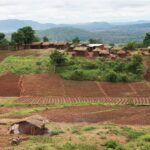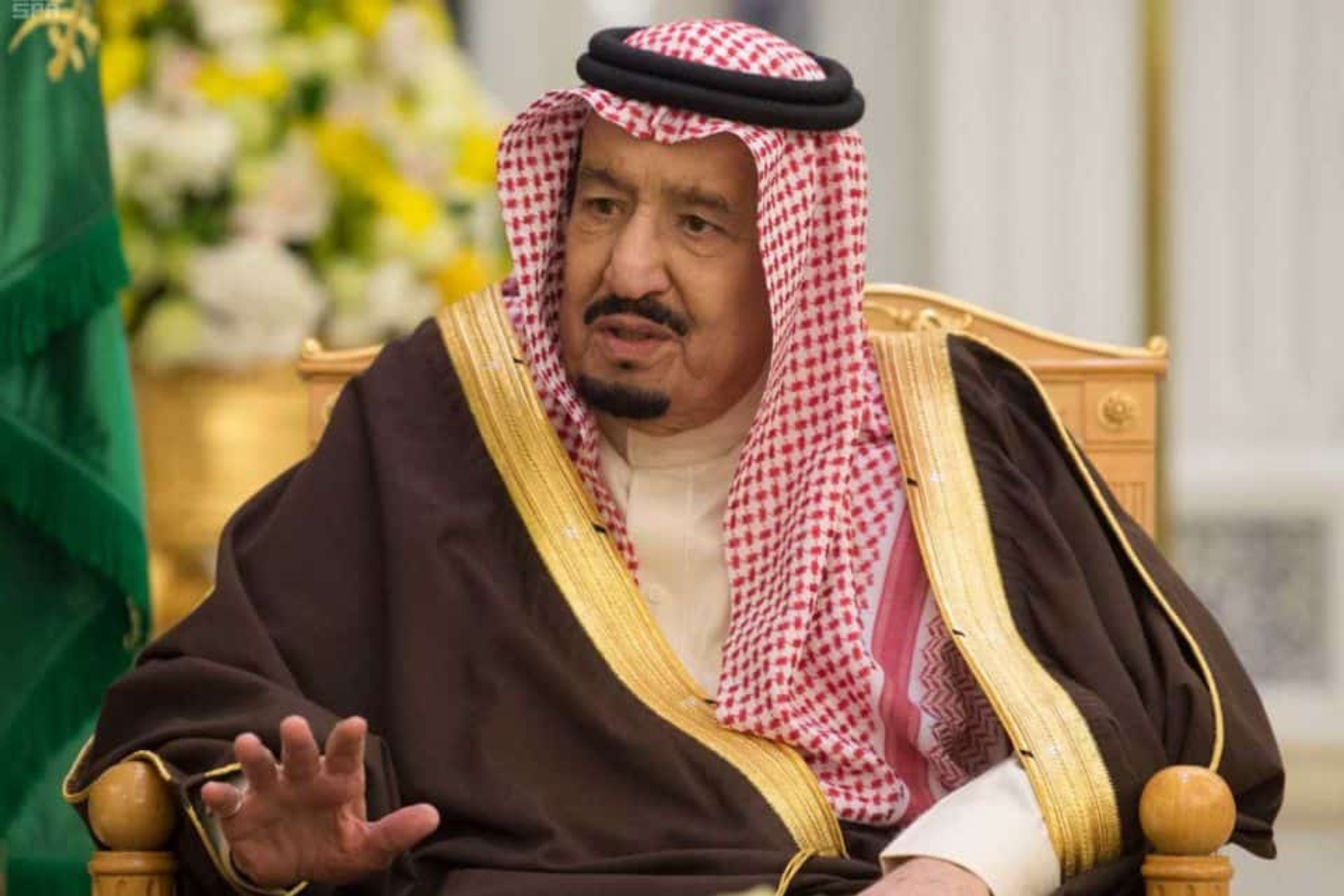Mashupye Herbert Maserumule, Tshwane University of Technology
Former South African president Jacob Zuma is endorsing the uMkhonto we Sizwe (MK) Party, the latest rival to the governing African National Congress (ANC) for the upcoming national elections.
By doing so, he not only challenges the ANC politically, but also claims its heritage.
The new party – which media reports say is Zuma’s brainchild – uses the name of the ANC’s former military wing.
The party’s launch coincided with the 62nd anniversary of the real uMkhonto we Sizwe (MK), formed on 16 December 1961 to fight the apartheid government.
Zuma could not have been more daring. Yet the ANC obfuscates, criticising him instead of acting decisively and expelling him. Meantime, he actively campaigns to unseat it. Why?
I have studied and written extensively about the politics of the ANC and its alliance partners – the Congress of South African Trade Unions (Cosatu) and the South African Communist Party (SACP).
I was also one of the editors of the book The Zuma Administration: Critical Challenges.
In my view, the reason the ANC is cagey about taking him on, is because the party tied itself in knots defending Zuma’s bad behaviour in the past. The ANC created the Zuma problem.
The party and its alliance partners abetted his kleptocracy and facilitated his capture of the state. They created Zuma as a populist with a penchant for rabble-rousing. Now they are paralysed and can’t act against him.
The ANC also fears that if it expelled him, he could portray himself as a victim.
Decisive action against him would require the party to face up to its own demons. It would be exposed as having enabled him.
The ANC’s reluctance to take him on or fire him is rooted in the events of 2005.
Then South African president Thabo Mbeki fired Zuma as his deputy after the latter was mired in corruption allegations.
Zuma’s use of this to build a case that he was a victim still haunts the ANC. It fears a repeat so close to the 2024 elections.
Zuma’s political pursuits now depend on a new party whose electoral strength is yet to be tested. It pales in comparison with the support he got in the past.
My arguments is that the political cost of not expelling him – in terms of lost votes – is greater than the cost of expelling him.
By not acting against him, the ANC is failing to “renew” itself as it has promised to do. This makes the party look weak and may cost it electoral support.
ALSO READ: South African-Saudi Arabia Business Council aims to boost bilateral trade and investment
Zuma and the ANC
The ANC knew Zuma was likely to turn out this way, from as early as 1997, when it elected him deputy president to Thabo Mbeki, paving his way to the highest office in the land.
South African author and journalist Mark Gevisser writes:
Mbeki and those around him began to worry that Zuma possessed a dangerous combination of unhealthy ambition and poor judgment.
They were right.
Because of this fear, he was at first not considered for the position of deputy president. Instead, Mbeki offered the position to Inkatha Freedom Party leader Mangosuthu Buthelezi.
However, through Zuma’s machination, this was foiled. He eventually became the deputy president. But he was bitter that he had been initially overlooked for the position.
During Mbeki’s presidency, relations between the ANC and its alliance partners became frosty.
The contestation was around the Mbeki government’s free market economic policies, which Cosatu and the SACP condemned as a neo-liberal agenda that deviated from the ANC’s aim of socio-economic transformation and empowerment of those previously marginalised when it came to power in 1994.
Zuma exploited this to position himself as the centre around which those allegedly wounded by Mbeki could coalesce.
The rise of Zuma the populist
In Zuma, the alliance saw someone who could represent its ideological position in the country’s policy choices. Yet, he was part of the ANC leadership that adopted Mbeki’s economic strategy and was never known to espouse leftist politics.
To their dismay, he proved not to be their ideological ally in office.
Later the same year Zuma was accused of raping the daughter of a friend. He was acquitted but was tainted as immoral.
This alone should have disqualified him from any leadership position.
But it did not matter to his allies, who ensured he became the president of the ANC in 2007, and that of the country in 2009. He was, to the alliance, an unstoppable tsunami.
The ANC bashed the judiciary as counter-revolutionary for unfavourable judgments against Zuma.
The party claimed his prosecution was political persecution at Mbeki’s behest. Then ANC Youth League leader Julius Malema declared they were prepared to kill and die for Zuma.
ALSO READ: South African lawyers prepare lawsuit against US and UK over alleged Israeli War crimes
Leading with impunity
Zuma’s eventual ascendancy to the presidency of the country in 2009 was hailed, by the alliance left – Cosatu and the SACP, as
a victory against the neo-liberal orthodoxy of Mbeki.
Zuma did not deliver on this expectation. Yet he continued to enjoy the support of the tripartite alliance.
He went on to subvert the criminal justice system to avert prosecution for his corruption charges.
The judiciary pushed back but earned the wrath of the ANC and its alliance partners.
They always closed ranks to shield Zuma from accountability. He survived numerous motions of no confidence in parliament for, among other things, “dangerously flawed judgment” relating to his appointment of Menzi Simelani as head of the National Prosecuting Authority, despite evidence that he had lied to a presidential commission of inquiry.
Among the notable no-confidence votes against which the ANC-dominated parliament shielded Zuma was over his use of public money to renovate his private homestead at Nkandla.
The stage was set for Zuma to wreak havoc with impunity. The alliance left only started to move away from him when it became obvious that he had outsourced the running of the country to his friends, the Gupta family. It was too late.
In 2015, he sacked the finance minister Nhlanhla Nene, only to replace him with an obscure Gupta-sanctioned appointee, with an eye on the national treasury.
The market tailspinned into and the rand plummeted. Yet the ANC still defended him in parliament.
Towards the end of 2016, the public protector released a damning report showing how the state had been captured at Zuma’s behest. Again, the ANC foiled attempts to remove him.
He only resigned on 14 February 2018. This was not so much for his misdemeanours but because he was no longer the president of the ANC.
What needs to happen
The ANC’s indecisiveness does it no good. Its claim that he has “walked away” from the party and is therefore no longer a member is wishful thinking. He has made it clear he will remain an ANC member.
The only way to terminate his membership is to expel him. This should have happened much earlier, at least before the ANC’s 112th anniversary festivities earlier this month. They could have used the platform to explain the decision to cleanse the party of those who debase it.
Mashupye Herbert Maserumule, Professor of Public Affairs, Tshwane University of Technology
*This article is republished from The Conversation under a Creative Commons license. Read the original article.













